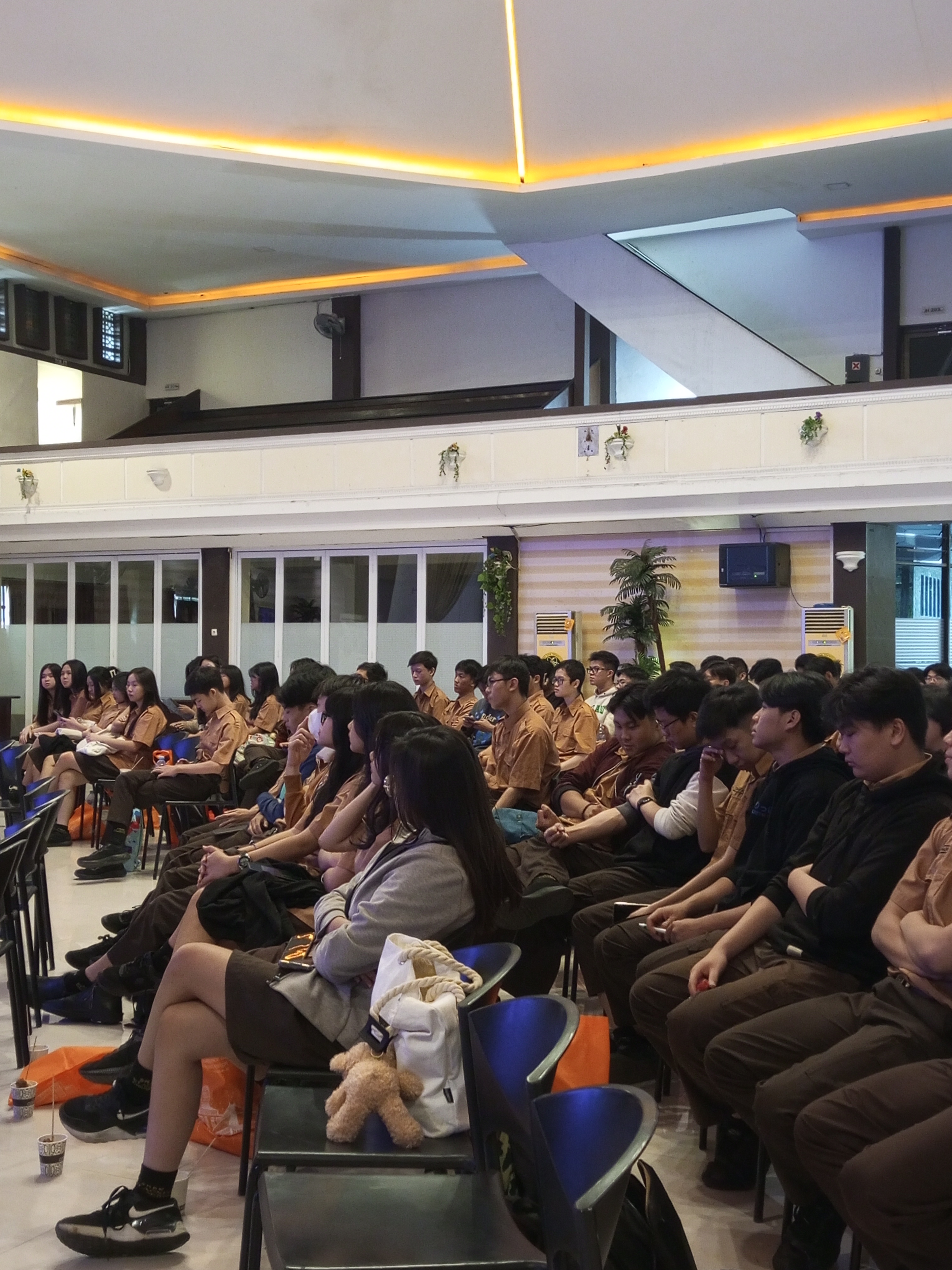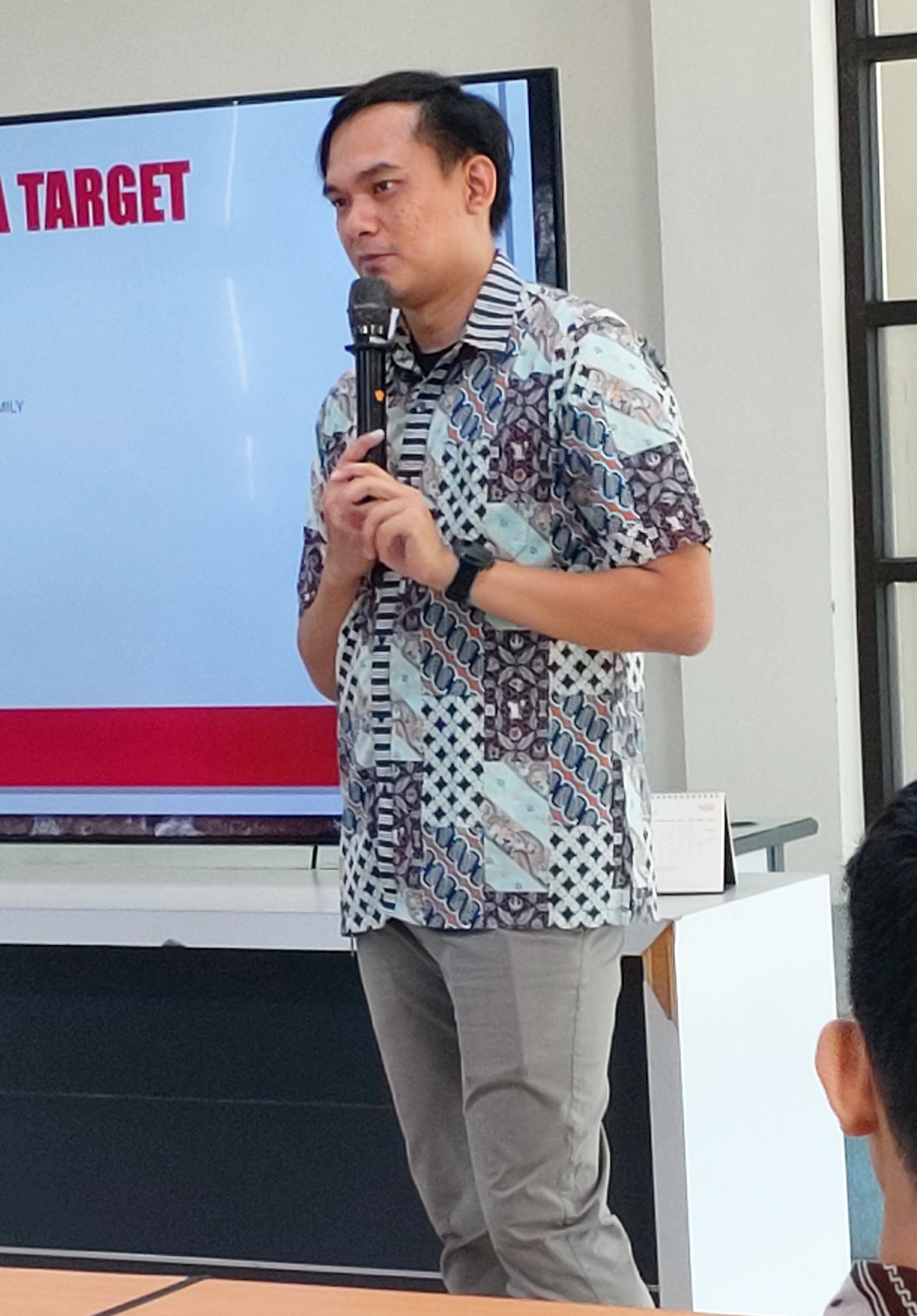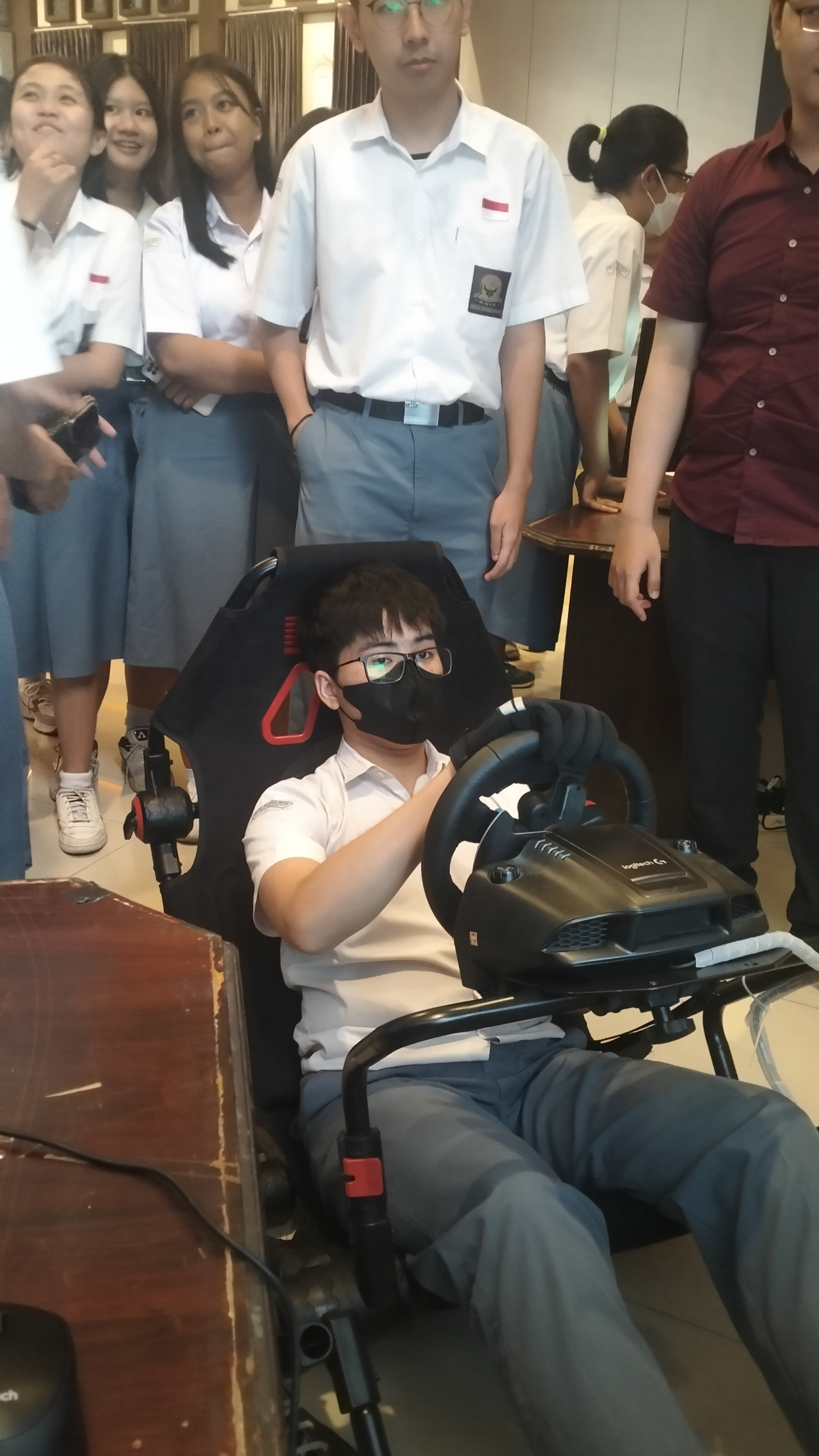In this episode, Knowledge Sharing Program (KSP) "What Can We Learn From Education in South Korea?" brought is by Mr. Natanael Karjanto. This seminar was opened with an introduction to the speaker. He was born in Bandung, and happened to know one of our lecturers, namely Mrs. Jenny Ngo, when they were still studying in the Netherlands in 2001. She had visited Surabaya in 2007, then visited ISTTS in 2014 to give seminars, and after 7 years from now, Mr. Natan gave another seminar to ISTTS but online because of the pandemic we are currently experiencing. Pak Natan also hopes to visit ISTTS again when this pandemic ends.
At the beginning of the seminar, Pak Natan explained the differences between Korea and Java. Starting from the geographic side, the per capita economy, data on cases of people affected by COVID-19, and others. Then he told me where he lived, and told him about the joint school called Suwon Hyanggyo.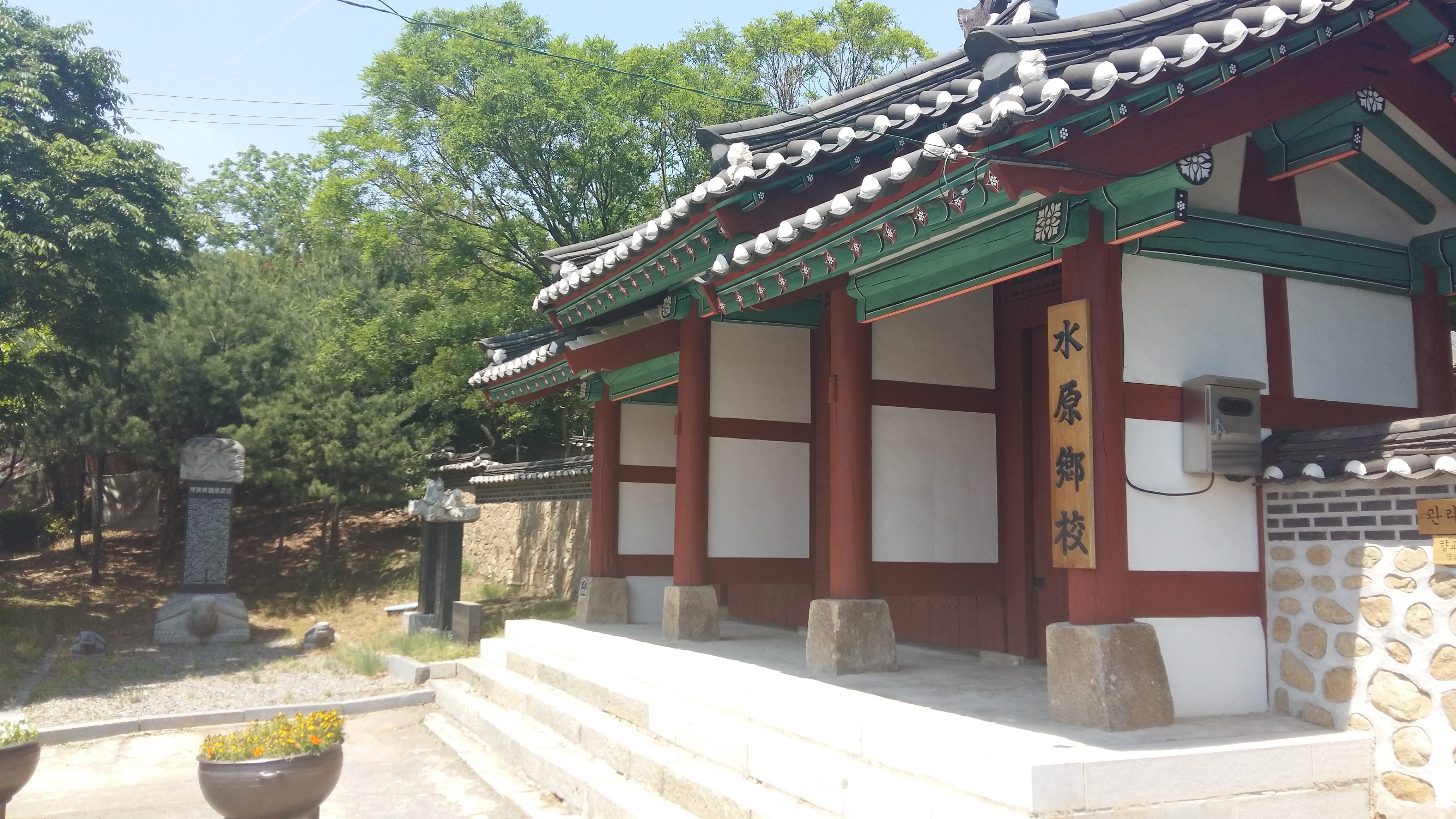
In the school there are several buildings for learning, for the teachers, and a statue of Confucius. Then there is a mural that says "I have never grown tired of Learning, nor wearied in teaching others what I have learned" (The Analects, 14:24) which means, I never get tired of studying, nor do I feel bored to teach others. what i have learned. This is where we know why Korean citizens are so obsessed with education.
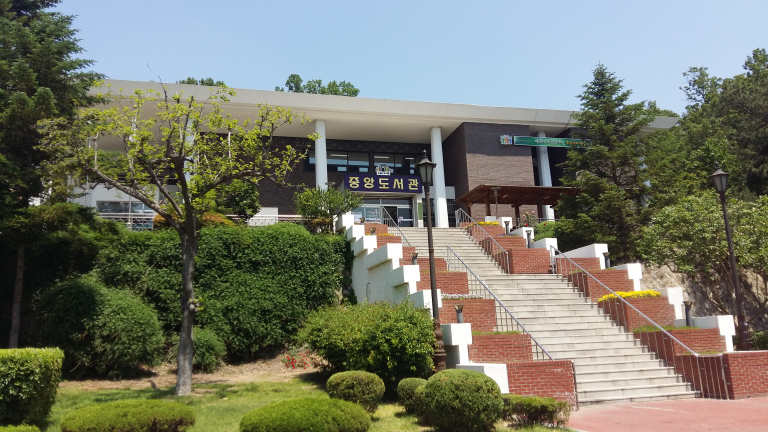
He also said that the education system in Indonesia and in Korea are not too different. The length of study taken from elementary school to high school is the same, which is 12 years. Then Korean students also go on to university to get at least a bachelor's degree. There are also study programs for master degrees with a study period of 2 years and a PhD with a study period of 3 years, depending on how long you want to study it. What is different from the education system is the time during the year to start a new school year. In Korea, they start a new school year in March, and end in February. In contrast to Indonesia, which starts a new school year in July-August and ends in May-June.
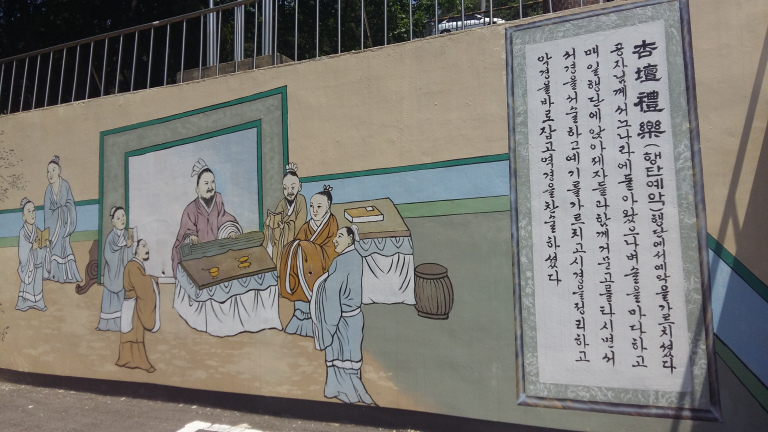
He also said that the education system in Indonesia and in Korea are not too different. The length of study taken from elementary school to high school is the same, which is 12 years. Then Korean students also go on to university to get at least a bachelor's degree. There are also study programs for master degrees with a study period of 2 years and a PhD with a study period of 3 years, depending on how long you want to study it. What is different from the education system is the time during the year to start a new school year. In Korea, they start a new school year in March, and end in February. In contrast to Indonesia, which starts a new school year in July-August and ends in May-June.
Then there is also a system like in Indonesia which we usually know as SBMPTN (Joint Screening for State Universities), in Korea there is also what is usually referred to as "Suneung". The difference is, the SBMPTN in Indonesia is specified only to enter public universities, while in Korea, "Suneung" can be used to enter PTN, PTS, and also private universities. Despite COVID-19, “Suneung” is still held in compliance with Health protocols that have been established by the Korean government. To take part in "Suneung", prospective students have to sit for 9 hours just to take a series of tests to enter college. He also mentioned what tests will be given when prospective students take this "Suneung".

Then at the end of the event, a question and answer session was held. What tips and tricks should we prepare if we want to take Masters in Korea? He replied, we have to prepare several important documents, and the basis is the same when we also want to apply for Masters in Indonesia. Starting from transcripts, S1 diplomas, letters of recommendation from lecturers at least 3 to 4 letters of recommendation, a statement letter why you want to study here, and most importantly the results of the TOEFL or IELTS test because there are several universities that need TOEFL test results, or need results the IELTS test. The difference is, we have to translate these important documents into English, and it must be translated by a sworn translator. Also reminded that if you are interested, you must register early because the Korean school year period will start in March. She also provided references for participants if they wanted to find out more about how to get scholarships in Korea, tips and tricks, living costs, and shared experiences on youtube. Amelia Tantono, who is a graduate of Kyungsung University in Busan, Korea.


